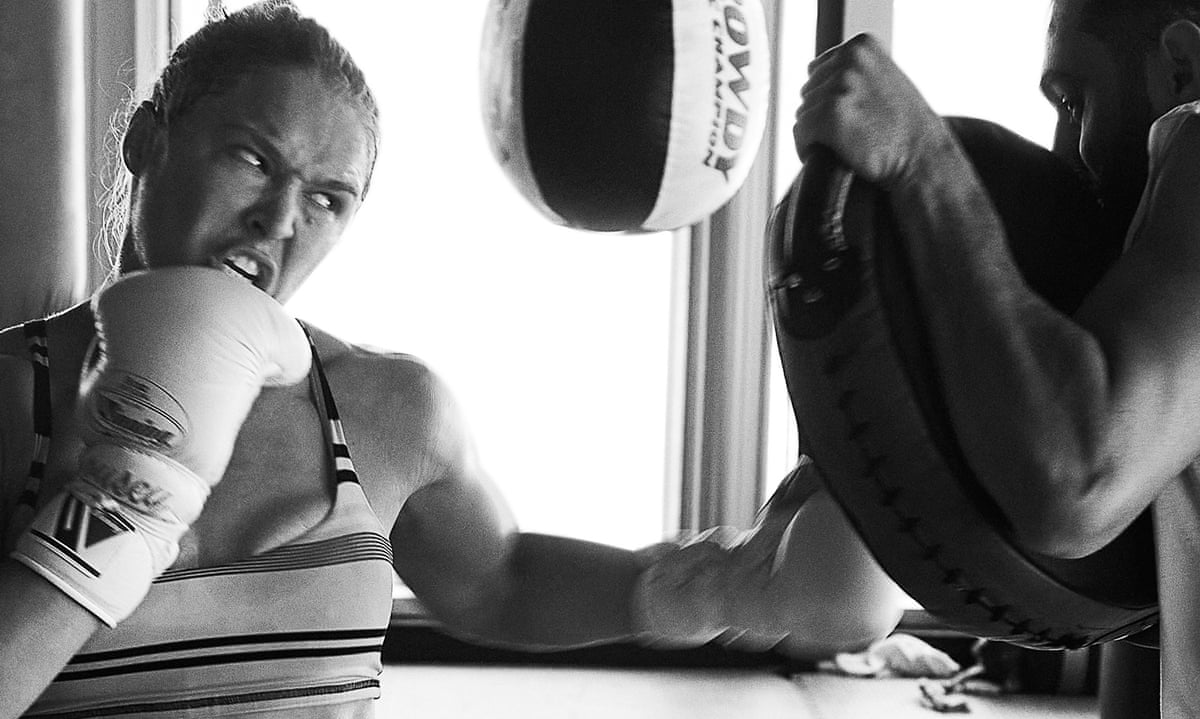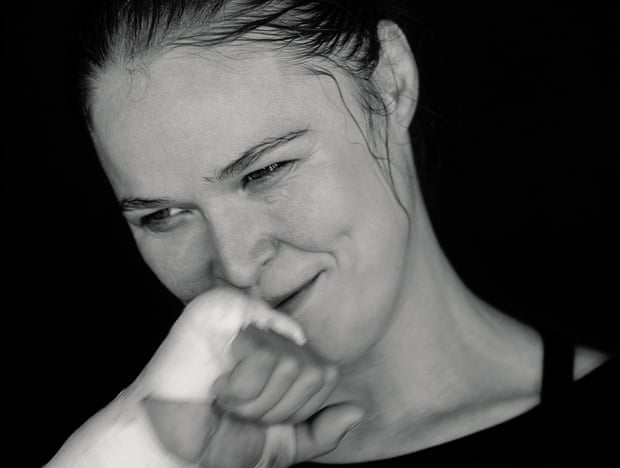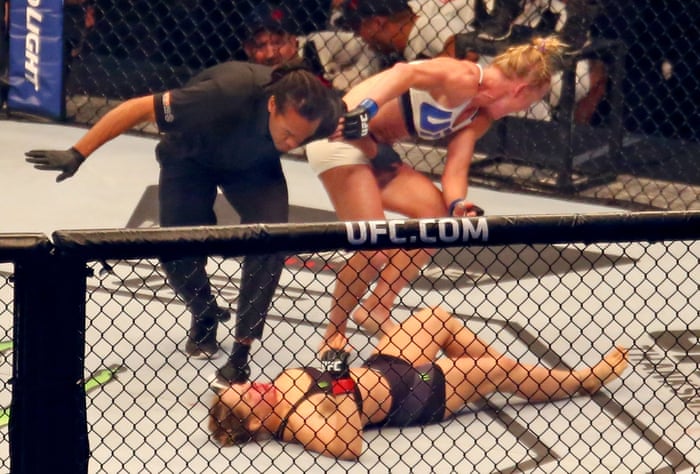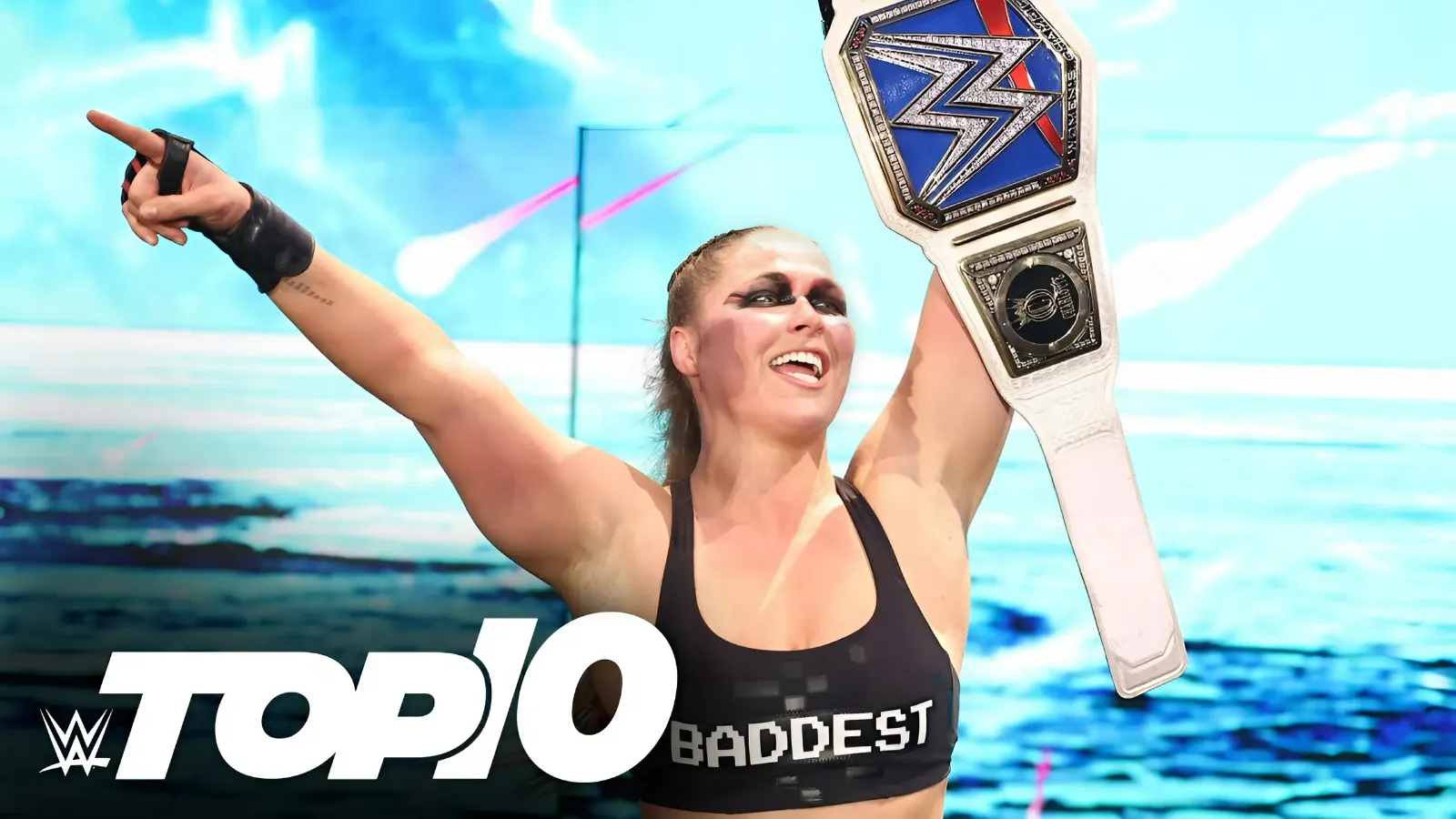Ronda Rousey: A Champion's Battle with Concussion
Ronda Rousey, once hailed as "the world's most dominant athlete," has opened up about her ongoing battle with the consequences of concussion. In a deeply personal account, Rousey reflects on her remarkable career in judo and Mixed Martial Arts (MMA) and the toll it has taken on her health.

Rousey's journey to the top of the MMA world was nothing short of extraordinary. As the first woman signed by the UFC in 2012, she shattered barriers and redefined the sport. Her ferocity in the octagon was unmatched, with a 15-0 record and an average fight duration of just 34 seconds. However, behind her unparalleled success lay a hidden vulnerability – a history of concussions sustained during her years in judo.
"I worry about it because we already have Alzheimer’s and dementia in our family, and those family members did not get whacked on the head a whole bunch," Rousey reveals. Her concern is palpable as she grapples with the knowledge that her brain may be at risk due to her past injuries.
The impact of these concussions on Rousey's daily life is evident. She candidly shares moments of forgetfulness and fear, acknowledging that every lapse in memory triggers a sense of impending doom. "Every time I forget my keys or lose my phone, I’m like: ‘I’m DYING! It’s OVER!’" she exclaims with a touch of humor, masking the underlying anxiety.

Her decision to bring her fights to a swift conclusion in the UFC was driven by a stark realization – her brain could not withstand further punishment. The urgency to avoid prolonged exposure to head trauma was a haunting reality that shaped her approach to each fight.
The toll of Rousey's concussions is not confined to fleeting moments of forgetfulness. At 37, she grapples with the sobering realization that parts of her have declined. "Part of me has declined and I have moments where I’ll be singing my daughter a lullaby and I’ll get a word wrong," she shares. The specter of dementia looms large as she navigates the daily challenges of her evolving mental state.
In her new book, co-authored with her sister Maria Burns Ortiz, Rousey delves into the gripping narrative of her concussion-riddled journey. From her early days in judo to her meteoric rise in MMA, she confronts the harsh reality of compounding concussions and the long-term impact they have had on her well-being.
The lack of understanding surrounding concussions during her formative years in judo is a poignant revelation. "My mother just didn’t understand concussion," Rousey admits. In an era where scientific knowledge about head injuries was limited, she grappled with fear and suppression, concealing the extent of her concussions as she pursued her athletic dreams.
The dismissive attitude towards her concerns about head trauma is a recurring theme in Rousey's narrative. "People would say: ‘Your head hurts? Suck it up. What if your head hurts during the Olympics?’" she recalls. The prevailing ethos of toughness and resilience overshadowed the urgent need for proper care and attention to her injuries.

Rousey's journey is intertwined with tragedy, as she navigates the loss of her father and the unwavering support of her mother, AnnMaria Burns. A trailblazer in her own right, AnnMaria became the first American to win the world judo championships in 1984. Her guidance and unwavering support propelled Rousey to achieve remarkable feats in judo and beyond.
The transition from judo to MMA brought its own set of challenges for Rousey. The fear of being sidelined due to her history of concussions loomed large as she ventured into a sport notorious for its machismo and disregard for head injuries. "I didn’t want to give them any more about concussion and I was lucky to have the skills to win most fights really quick," she reflects on her decision to conceal the extent of her injuries.
Rousey's poignant account sheds light on the pervasive ignorance surrounding concussions in combat sports. The glorification of toughness and the normalization of head trauma perpetuate a culture of silence and neglect. Her searing critique of this mindset underscores the urgent need for a shift in attitudes towards head injuries in sports like MMA and boxing.

As Rousey continues to navigate the complexities of life after retirement from professional fighting, her battle with the long-term effects of concussions remains an ever-present reality. Her courage in sharing her story serves as a powerful reminder of the urgent need for greater awareness and proactive measures to address head injuries in sports.
In confronting the ramifications of her concussions, Ronda Rousey emerges as a symbol of resilience and advocacy. Her unwavering determination to shed light on this critical issue serves as a rallying cry for change within the world of combat sports. As she continues to navigate the complexities of her post-fighting life, Rousey's unwavering spirit and candor stand as a testament to her enduring legacy – both inside and outside the octagon.



